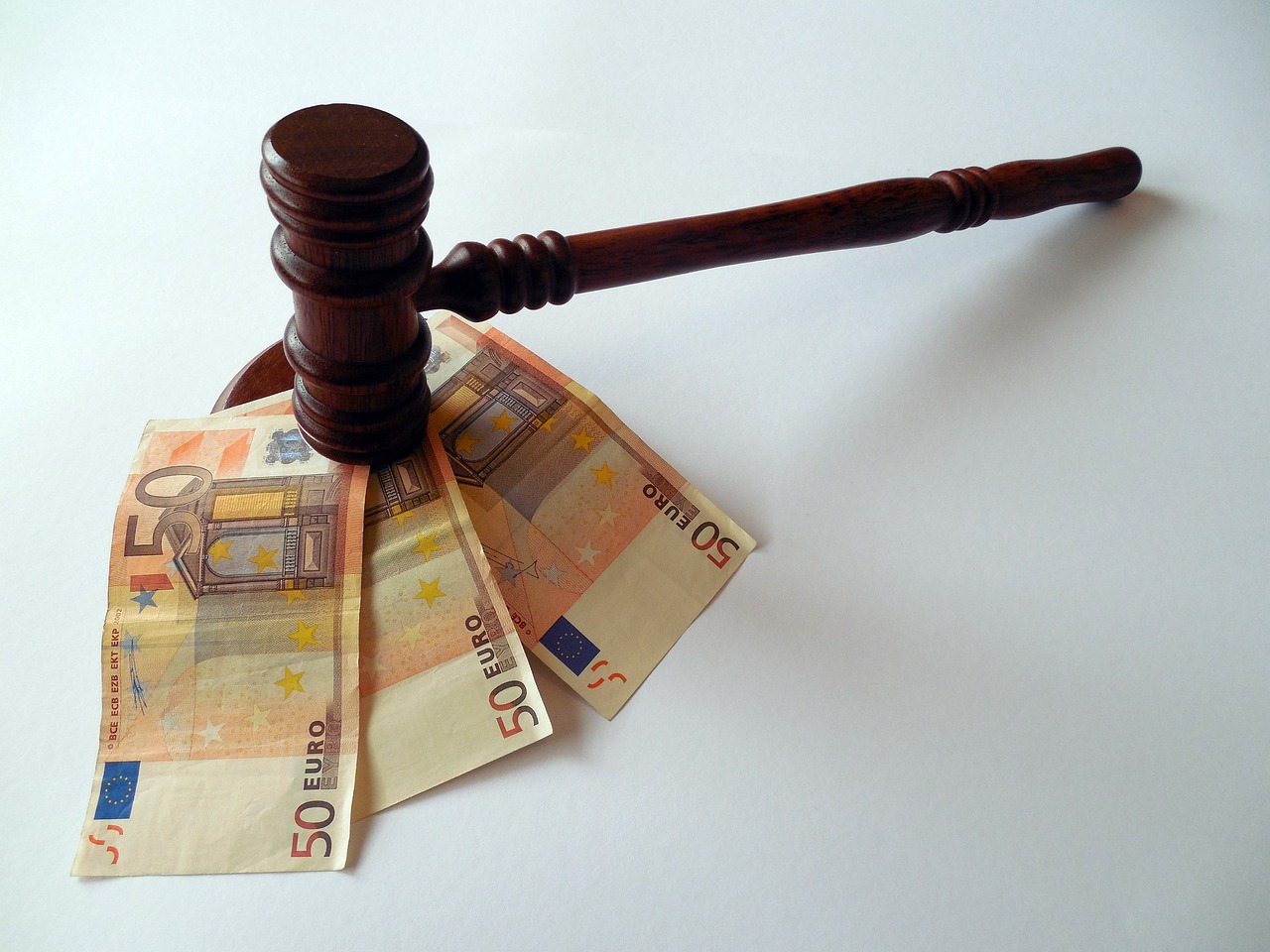
Buying Property at Auction: Taxes and Fees You Need to Know
Buying a property at auction can be an exciting way to secure a great deal, but it’s important to factor in the taxes and fees that come with it. Many buyers focus on the hammer price without considering the additional costs that can significantly impact their budget. Stamp Duty Land Tax (SDLT) is one of the biggest expenses, but there are also other taxes and charges to be aware of, depending on your investment strategy.
In this guide, we’ll break down the key taxes associated with auction property purchases in the UK, how they apply, and strategies to manage your tax liabilities effectively.
Understanding Stamp Duty Land Tax (SDLT)
Stamp Duty Land Tax (SDLT) is a tax you pay when purchasing property or land in England and Northern Ireland. The amount depends on the purchase price, property type, and whether you’re a first-time buyer, a homeowner, or an investor.
Standard SDLT Rates (as of 2024)
For residential properties, the following rates apply:
- Up to £250,000 – 0%
- £250,001 - £925,000 – 5%
- £925,001 - £1.5 million – 10%
- Over £1.5 million – 12%
Higher Rates for Additional Properties
If you’re purchasing a buy-to-let property, second home, or investment property, you’ll need to pay an additional 3% surcharge on top of the standard SDLT rates. This means:
- Up to £250,000 – 3%
- £250,001 - £925,000 – 8%
- £925,001 - £1.5 million – 13%
- Over £1.5 million – 15%
SDLT for Non-UK Residents
Non-UK residents purchasing property in England and Northern Ireland must pay an extra 2% surcharge on top of regular SDLT rates. If you’re an overseas investor, this additional cost should be factored into your budget.
How and When to Pay SDLT
SDLT must be paid within 14 days of completing the property purchase.
Your solicitor or conveyancer will usually handle the SDLT return and payment on your behalf.
If you overpay or qualify for a refund, you can apply for a rebate from HMRC.
Other Taxes and Fees to Consider
Capital Gains Tax (CGT) on Auction Properties
If you buy a property at auction and later sell it for a profit, you may need to pay Capital Gains Tax (CGT) on the gain.
CGT Rates for Property Sales:
- Basic rate taxpayers – 18%
- Higher rate taxpayers – 28%
CGT is calculated on the difference between the selling price and the original purchase price, minus allowable deductions (such as renovation costs and solicitor fees). If you’re a landlord or investor flipping auction properties, understanding CGT is crucial for managing your profits effectively.
Value Added Tax (VAT)
Most residential properties in the UK are exempt from VAT, but certain auction properties—particularly commercial buildings or new builds—may be subject to VAT at 20%. If you’re buying a commercial property, check whether VAT applies, as it could significantly increase your upfront costs.
Council Tax and Business Rates
Once you’ve purchased an auction property, you’ll need to pay council tax if it’s a residential property or business rates if it’s used commercially.
Council Tax: Varies based on the property’s valuation band.
Business Rates: If you plan to convert a commercial property into a residential one, you may need to apply for a change of use to avoid business rates.
Strategies to Reduce Tax Liabilities
While taxes are unavoidable, there are ways to legally reduce your tax liabilities when buying auction properties.
- Buy Below the SDLT Threshold: Purchasing properties under £250,000 helps avoid SDLT for residential buyers, but investors must still consider the 3% surcharge.
- Use a Limited Company: If you’re an investor, buying property through a limited company can provide tax benefits, especially for CGT and income tax purposes.
- Check for Mixed-Use Properties: Mixed-use properties (residential + commercial) may attract lower SDLT rates compared to purely residential properties.
- Claim SDLT Refunds: If you pay the higher rate SDLT for an additional property but sell your previous home within 3 years, you may be eligible for a refund.
- Consider VAT Registration: If purchasing a commercial property, VAT registration may allow you to reclaim VAT on your purchase.
Conclusion
When buying a property at auction, it’s important to factor in Stamp Duty Land Tax (SDLT) and other taxes to avoid unexpected costs. From SDLT surcharges for investors to Capital Gains Tax on resale, understanding your obligations can help you budget effectively and maximize your returns.
If you’re planning to buy at auction and need expert guidance on financing, taxes, or legal compliance, get in touch with our team today!
.png)